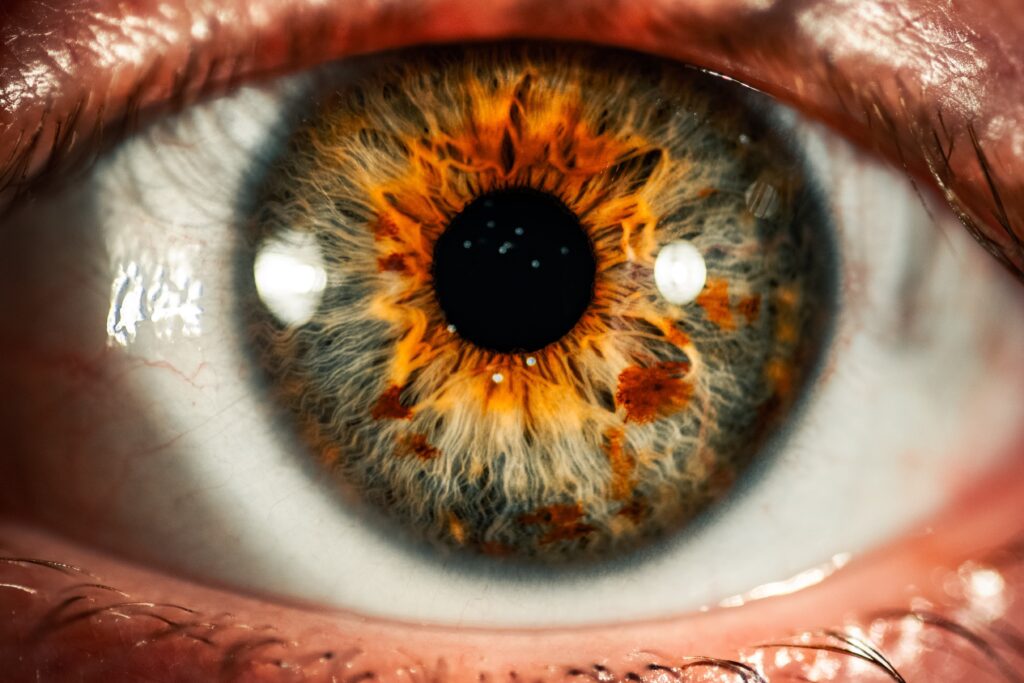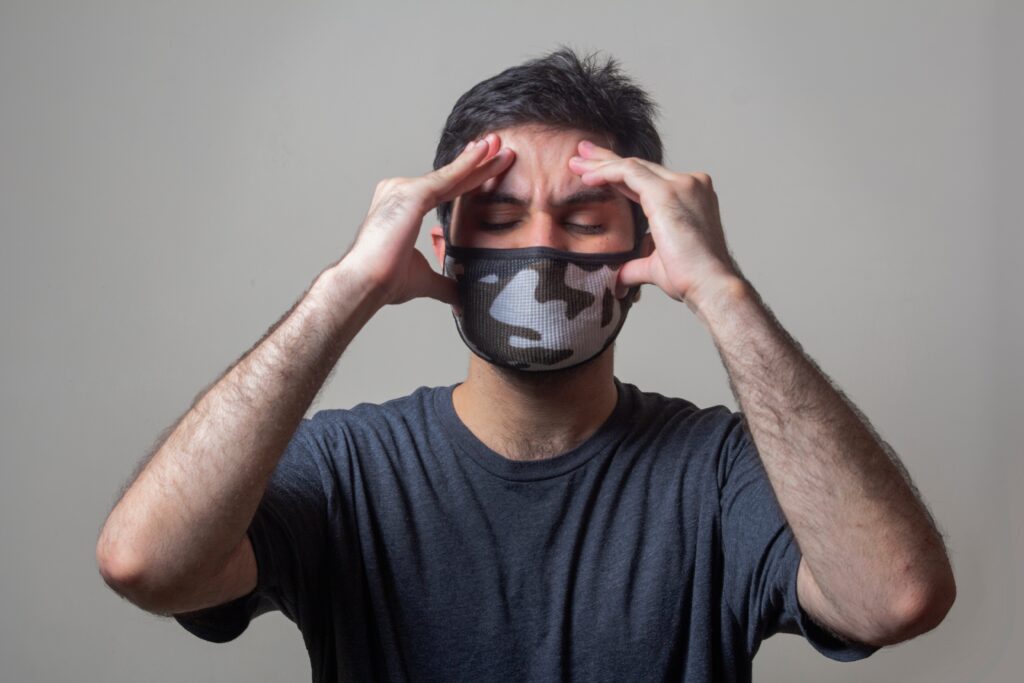
How many of us have come across people who wear glasses? There are millions of people going through short-sightedness and long-sightedness for several reasons. Eyesight is something that can be affected by genetics. Not only that, but you can face issues with your eyesight for various environmental factors. But did you ever hear anyone saying that I have blurry vision in one eye? If yes, then you will be competent enough to interpret the explanations for such a condition after reading this article.
Causes of blurry vision in one eye
Let us understand the factors that cause blurry vision in one eye. The most common reasons for it include refractive errors, infections, migraine, and cataracts.
It is always better to consult a doctor whenever you are going through such a situation. Even if you are sure about any specific issue, book an appointment with an ophthalmologist.
In many cases, blurry vision is not that serious, but there are indications along with blurry vision in one eye that the body shows that may lead you to end up in the hospital. If you show such signs, you may need emergency treatment. Some of those symptoms include
- Complications in staying awake
- Not able to raise one or both arm
- Dysarthria
- Loss of consciousness
- Numbness on the face (one side)
Apart from these symptoms, if you are a diabetes patient and are going through sudden vision changes and unusual (more than usual) eye floaters, seek medical treatment as soon as possible.

1. Refractive errors
Refractive errors occur when light does not focus correctly on the retina because of the shape of your eye. This is the most common type of vision problem that makes it hard to see things clearly.
Some of the refractive errors include myopia (short-sightedness) and hyperopia (long-sightedness). It may also include presbyopia (difficulties seeing things up close), and some people affected by refractive errors may also go through astigmatism (distorted vision at all distances)
If you are going through dual vision, eye distress, headaches, and hazy vision, you may be affected by refractive errors.
In most cases, doctors deal with refractive errors by suggesting that patients should wear eyeglasses or contact lenses, which can help the eye see things clearly.
2. Migraine

Migraine is a medical condition that includes headaches. The severity of these headaches can be moderate to severe. You may also go through a pulsing sensation, mostly on one side of the head. In migraine, you may also feel nausea, accompanied by extreme sensitivity to light and sound. Some people also go through auras. It can be described as the sensory disturbances occurring before or maybe during the headaches. The symptoms of aura may involve blurry vision, tingling, weakness, difficulty in speaking, and seeing zig-zag lines.
The treatment includes taking pain-relieving pills. But do not take them without consulting your doctor.
3. Eye Infection
Fungi, viruses, and bacterias have a massive role in infecting the eye. That is to say, such attacks from these microorganisms can lead to eye problems. It may only affect one eye but can also spread to the other one.
In such a condition, the eyes show multiple symptoms. For example, if you have bloody eyes and blurry vision with swelling, pain, and discharge, there is a high probability that you are going through an eye infection.
Your doctor may suggest you go for eye drops, oral antibiotics, and some other medications. The infection is pretty contagious, so it is better to stay away from your loved ones till the time you recover completely.
4. Blurry vision in one eye? Maybe you have a cataract
Whenever you feel there is a cloudy area on your lens, it is basically a cataract that has developed through protein breakdown. To clarify, the cataract forms when the protein particles within your lense start to deteriorate and form a clump.
This condition majorly affects people whose ages are above 40. The signs may comprise blurry vision, seeing faded colors, and a halo around lights. In such a condition, you may also not be able to see well at night.
The good news is that cataracts can be treated. If you have blurry vision in one eye or even both eyes because of a cataract, the doctors will suggest you get the surgery done. The surgery is not painful at all; also, it may take the least time. The eye specialists are experts in their field, and they deal with thousands of cataract cases regularly.
5. Diabetes

Diabetes is a condition where your blood sugar levels consistently cross the specified normal blood sugar levels. It is a disease, if not controlled, can give birth to numerous other diseases.
Diabetes affects your eyes greatly. The high blood glucose level harms the blood vessels surrounding the eye. As a result, you will be introduced to other eye conditions such as
- Cataracts
- Glaucoma
- Diabetic macular edema
- Diabetic retinopathy
You may also experience blurry and constantly changing vision, floaters, and flashes of light.
For people going through diabetes, it is significant to get an eye checkup regularly. Not only will it help doctors to catch any damage, but they will also be able to treat it as soon as possible to avoid complications. You must be able to control your blood sugar levels, cholesterol, and blood pressure to prevent any complications or eye disease.
To treat diabetic eye disease, the doctors may refer you to some medications, laser procedures, surgery, or maybe all three of them to cure your eye.
6. AMD
Age-related macular degeneration (AMD) occurs when your macula starts getting thinner and your vision worsens. This kind of AMD is called Dry AMD, and on the other hand, wet AMD is related to blood vessels damaging the eyes.
You can get away with such a condition by eating a balanced diet, stopping smoking, exercising regularly, and maintaining your blood pressure levels.
7. Blurry vision in one eye or even both eyes can be a symptom of Stroke
This medical emergency happens when one part of your brain cannot get the blood. A rupture or blood vessel blockage usually causes it.
You may feel trouble walking or seeing and may also go through severe headaches. It is always better to call an ambulance in such a medical emergency, and the doctors may then treat you with surgery and medications.
Conclusion
Multiple factors can cause blurry vision in one eye. It is always better to get your eyes checked regularly. You must go through every part of the article to be aware of what you or your loved one is going through.
If you want money and blessings from your elders at the same time, get yourself registered on the CDPAP program. Direct Personal care will always be there to assist you.
